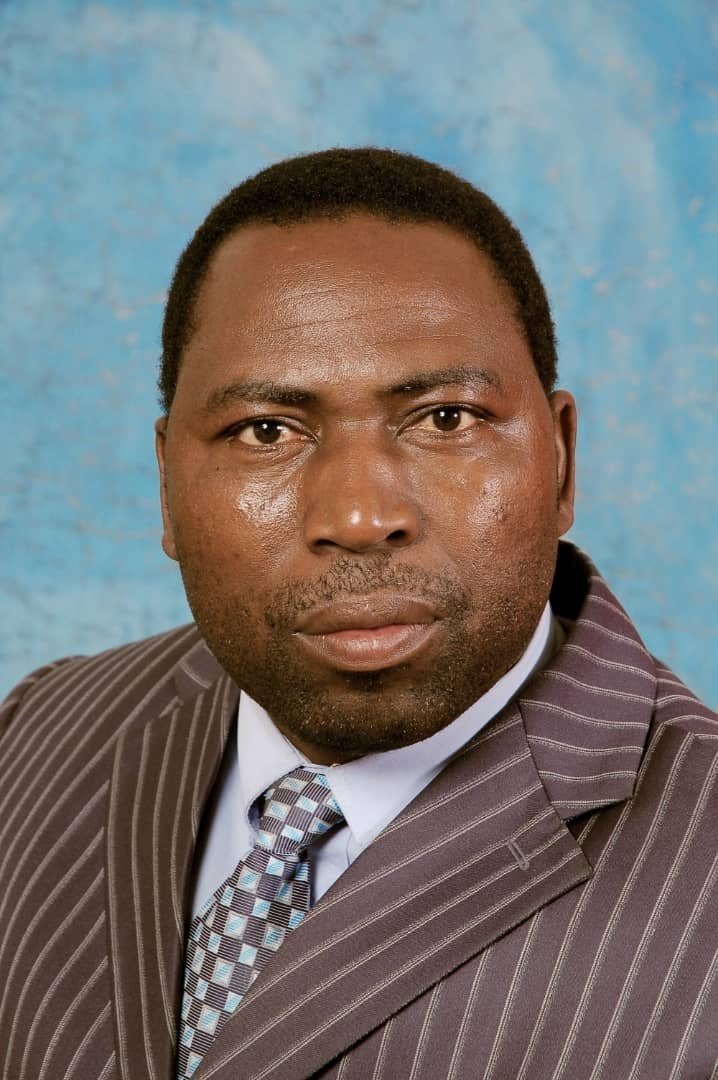Rutendo Chirume
Nelson Mandela once said, ‘If you talk to a man in a language he understands, that goes to his/her head. If you talk to them in their language that goes to his/her heart.’
As the world comes together on February 21 to commemorate the International Mother Language Day, a special day set aside to promote the use of mother languages, experts have bemoaned the slow death of multilingual diversity.
According to a research by UNESCO in 2021, there are about 6,500 languages in the world, but at least one language disappears and dies every two weeks.
At least 43 percent of all languages are endangered, and fewer than 100 of the world’s languages are used in the digital world and 40 percent of the population does not have access to education in a language they can understand or speak.
2022 International Mother Language Day ran under the theme ‘Using technology for multilingual learning: Challenges and opportunities’ which seeks to make use of technology in order to promote language digitization, find and address challenges faced during the prevailing Covid-19 lockdowns.
In a statement, Midlands State University National Language Institute Executive Director Prof Wiseman Magwa said that this year’s theme is profound as it provide solutions to the prevailing Covid-19 lockdowns therefore as a country we should embrace technology in order to promote digitization of languages so as to facilitate distant communication.
“Using technology for multilingual learning: Challenges and opportunities are quite profound in the sense that it acknowledges the use of technology in promoting multilingualism in education and socio-economic development. This is inherently critical in that multilingualism enhances tapping from the full potential of humanity, since language is both a tool of communication and thought processing.
“In view of this, this year’s theme calls for innovative strategies as interventions towards the digitization of languages. This year’s edition hinges on providing techno-scientific solutions to challenges resulting from lockdowns, travel restrictions and bans in a bid to reduce human contact.
“The period 2021-2022 saw a series of lockdowns due to the prevalence of the Covid-19 pandemic, hence the call by UNESCO to harness the efficacy of technology to facilitate distant multilingual communication,” wrote Professor Magwa.
He also commented the country’s efforts to recognize all 16 languages in the country which enhances diversity and promote equality and inclusion of different tribes in the country.
“Efforts by Zimbabwe to ratify UNESCO’s motion of multilingualism are the drive to licence numerous language based community radio stations, thereby enhancing usage of the diversity of languages that Zimbabwe has. Failure to recognise multilingualism in society, subsequently leads to serious linguistic crises, expected to create layers of inequality, marginalisation and exclusion,” said Prof Magwa.

In an interview with TellZim News, Dr Ignatius Mabasa who did his PHD thesis in Shona noted the significance of this day and said a lot should be done in order to make strides to promote mother languages, calling upon government to enhance the promotion of local languages.
“If it was possible we would take the whole year to celebrate our mother languages because it is very important to us as it defines our identity and cultures which traces our origins. There are a lot of things lost in translation, in learning and that is problematic. Journalists should make noise and publish content in our mother languages which will promote them and ultimately shapes our identities,” said Dr Mabasa.
He also said the reason why people fail to reach the best and be recognized in international standards is that they undermine own languages, thereby eventually disowning their own identities.
“We are failing to reach our level because we tend to leave our own languages. We could have explored more and be developed to a greater extent if we had always been proud to use our languages. I did my thesis in Shona not only as a way to preserve our language, but I also wanted to make people realize that knowledge is not expressed in English only but even through our vernacular languages we can achieve great things,” said Dr Mabasa.
Dr Mabasa bemoaned the craze by parents to send their children to schools that are pro-English, with the intention that they learn only to converse fluently in English more than their mother languages.
“It is sad that we see other nationalities learn even technical things using their languages, but when it comes to us, we want to only use these borrowed languages. Parents cannot however give what they do not have to their children if they themselves are not proud of their languages.
“If there is anything that we will end up saying we once had, it is our languages. We need to be proactive about preserving these languages because we lie to each other that our languages are weak, but this is only because we do not use them effectively,” Dr Mabasa said.
The significance of International Mother Language Day is that it reminds people how important mother languages are to one’s identity as they are the testimony of the pride that people derive from their diverse cultures.







